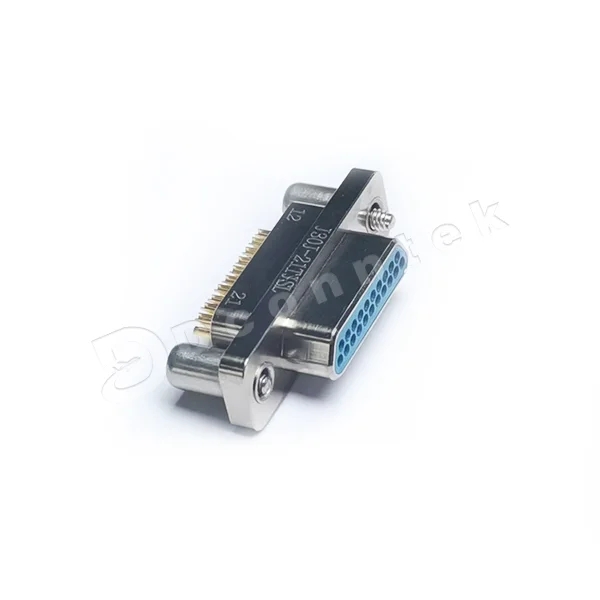Finding the Perfect Air Compressor Size for Your Car Tires
3 min readWhen it comes to maintaining optimal tire pressure, having the right air compressor is crucial. However, with various sizes and types available, it can be challenging to determine which one is best suited for your car tires. In this comprehensive guide, we will delve into the factors to consider and help you choose the perfect air compressor size for your car tires.
- Understanding Tire Pressure:
Before diving into the air compressor size, it's essential to understand the importance of maintaining proper tire pressure. Adequate tire pressure ensures optimal fuel efficiency, tire longevity, and overall safety on the road. It is recommended to check your car's manual or the tire sidewall for the recommended pressure range. - Factors to Consider:
a. Tire Size: Different car tires have varying volume capacities, which directly impact the required air compressor size. Larger tires with higher volume capacities will require more air to reach the desired pressure.
b. Inflation Speed: Consider the time you are willing to spend inflating your car tires. Smaller air compressors may take longer to reach the desired pressure, while larger ones can inflate tires more quickly.
c. Portability: If you frequently travel or need to inflate tires on the go, a portable air compressor may be more suitable. However, keep in mind that portable compressors often have lower capacity and may take longer to inflate larger tires.
d. Power Source: Air compressors can be powered by electricity, gasoline, or batteries. Choose a power source that aligns with your needs and availability. - Determining the Ideal Air Compressor Size:
a. PSI (Pounds per Square Inch): Check the recommended PSI range for your car tires. Most passenger vehicles require a PSI between 30-35. Ensure the air compressor you choose can reach and maintain this pressure.
b. CFM (Cubic Feet per Minute): CFM measures the airflow rate of the compressor. While higher CFM values indicate faster inflation, it is crucial to match the CFM rating with your tire size. Smaller tires require lower CFM, while larger tires demand higher CFM for efficient inflation. - Recommended Air Compressor Sizes:
a. Small-Sized Tires: For compact cars or motorcycles with smaller tires, a portable air compressor with a PSI range of 0-150 and a CFM rating of 0-2.5 should suffice.
b. Mid-Sized Tires: For sedans, SUVs, or light trucks with mid-sized tires, an air compressor with a PSI range of 0-150 and a CFM rating of 2.5-5.0 is recommended.
c. Large-Sized Tires: For heavy-duty trucks, off-road vehicles, or larger tires, opt for an air compressor with a PSI range of 0-200 and a CFM rating of 5.0 or higher.
Conclusion:
Selecting the right air compressor size for your car tires is crucial for maintaining optimal tire pressure and ensuring a safe driving experience. By considering factors such as tire size, inflation speed, portability, and power source, you can make an informed decision. Remember to match the PSI and CFM ratings of the air compressor with your specific tire requirements. With the right air compressor, you can easily and efficiently keep your car tires properly inflated, enhancing fuel efficiency, tire lifespan, and overall safety on the road.


